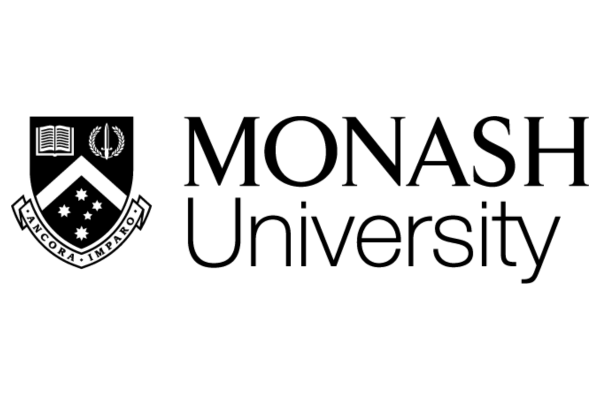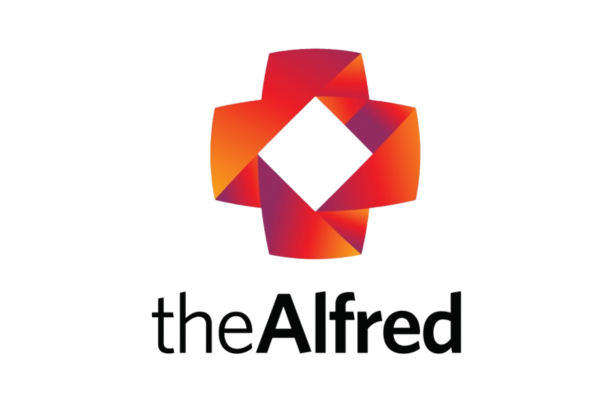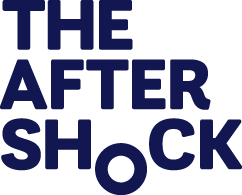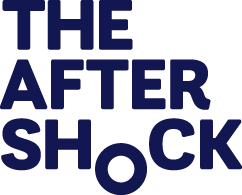Thyroid cancer hits close to home at The Aftershock. It’s what Teresa Neate, the inspiration behind this organisation, lost her battle to in 2016. Not long after, in 2018, we partnered with Monash University and Professor James Lee on several pioneering projects to advance thyroid cancer research.
Our aim? To improve the care, treatment and five-year survival rates for the 3,900 Australians diagnosed with this disease each year. Thanks to our generous donors, over $200,000 has been invested in the following programs that have contributed to changing the landscape of thyroid cancer in Australia.
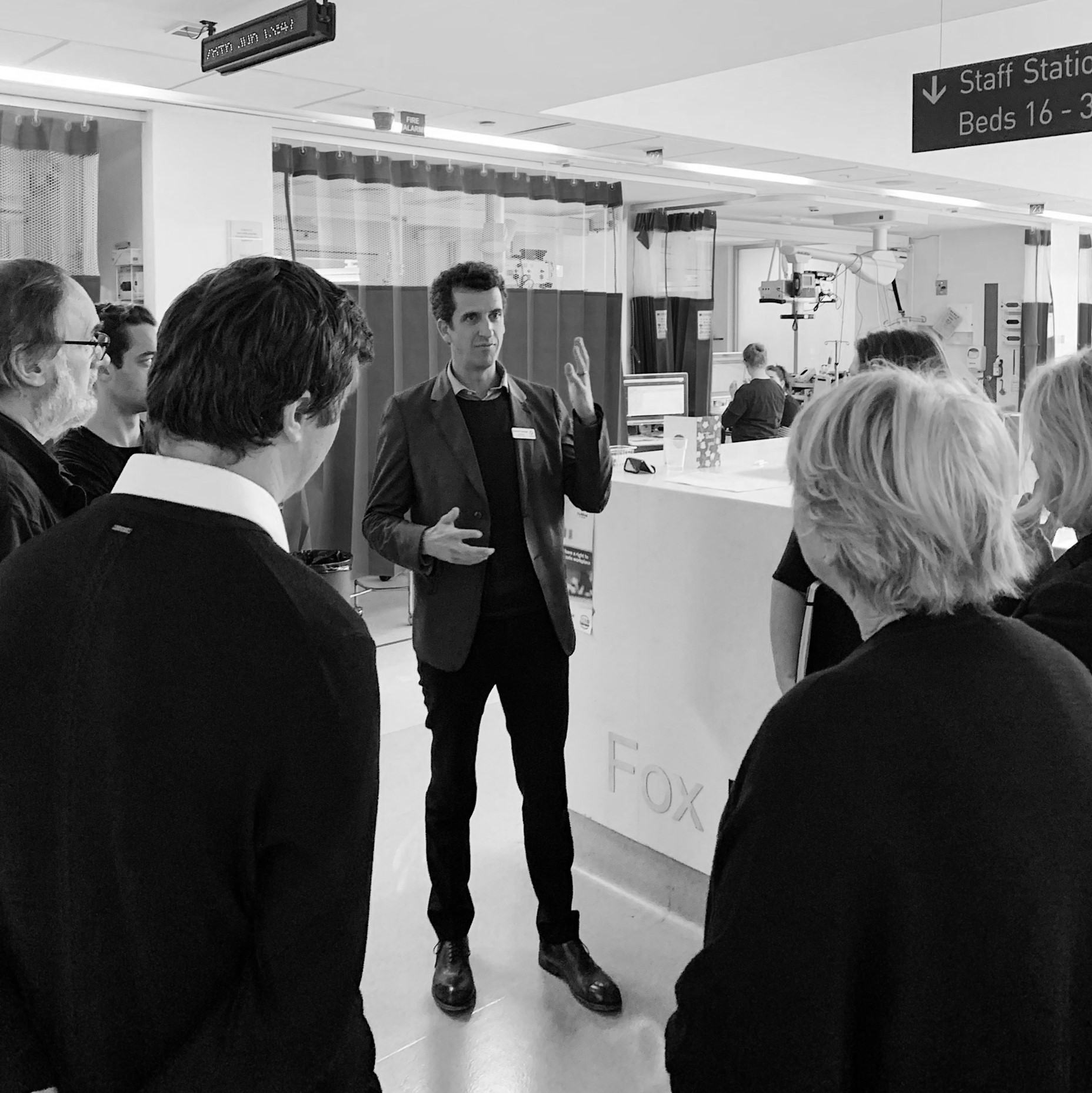
Improving cancer diagnosis with Next Generation Sequencing (NGS)
- The NGS pilot, focusing on molecular profiling of thyroid FNA samples, is now complete
- From 2019 to 2021, 115 patients took part in this project in collaboration with The Epworth, Peter MacCallum Cancer Centre, Monash Health, Cabrini Hospital and The Alfred Hospital
- Needle biopsy samples were analysed using state of the art NGS technology
- This study found that papillary thyroid cancer patients in Australia often carry the BRAF mutation, which is linked to cell growth and cancer. This mutation helps diagnose cancer with greater accuracy, especially for the 20-25% of patients whose thyroid lump biopsy results are inconclusive
This groundbreaking study was presented at the 2022 Royal Australasian College of Surgeons Annual Scientific Congress, and a manuscript is being prepared for publication after two years of follow-up
Building a case for a thyroid cancer vaccine
- In collaboration with the Endocrine Laboratory at the Hudson Institute of Medical Research, and under the supervision of Associate Professors James Lee and Simon Chu, postdoctoral scientist Dr. Nelson George developed an organoid culture from a thyroid cancer patient’s resected tumour
- Organoids are 3D cultures of cancer cells that closely mimic cancer behavior in the body. They can be grown in a lab, stored for future research, and used to develop targeted cancer treatments
- Dr. George is analyzing the organoids with cutting-edge mass spectroscopy technology to identify potential targets for a cancer vaccine
This incredible work has provided essential preliminary data to secure further funding
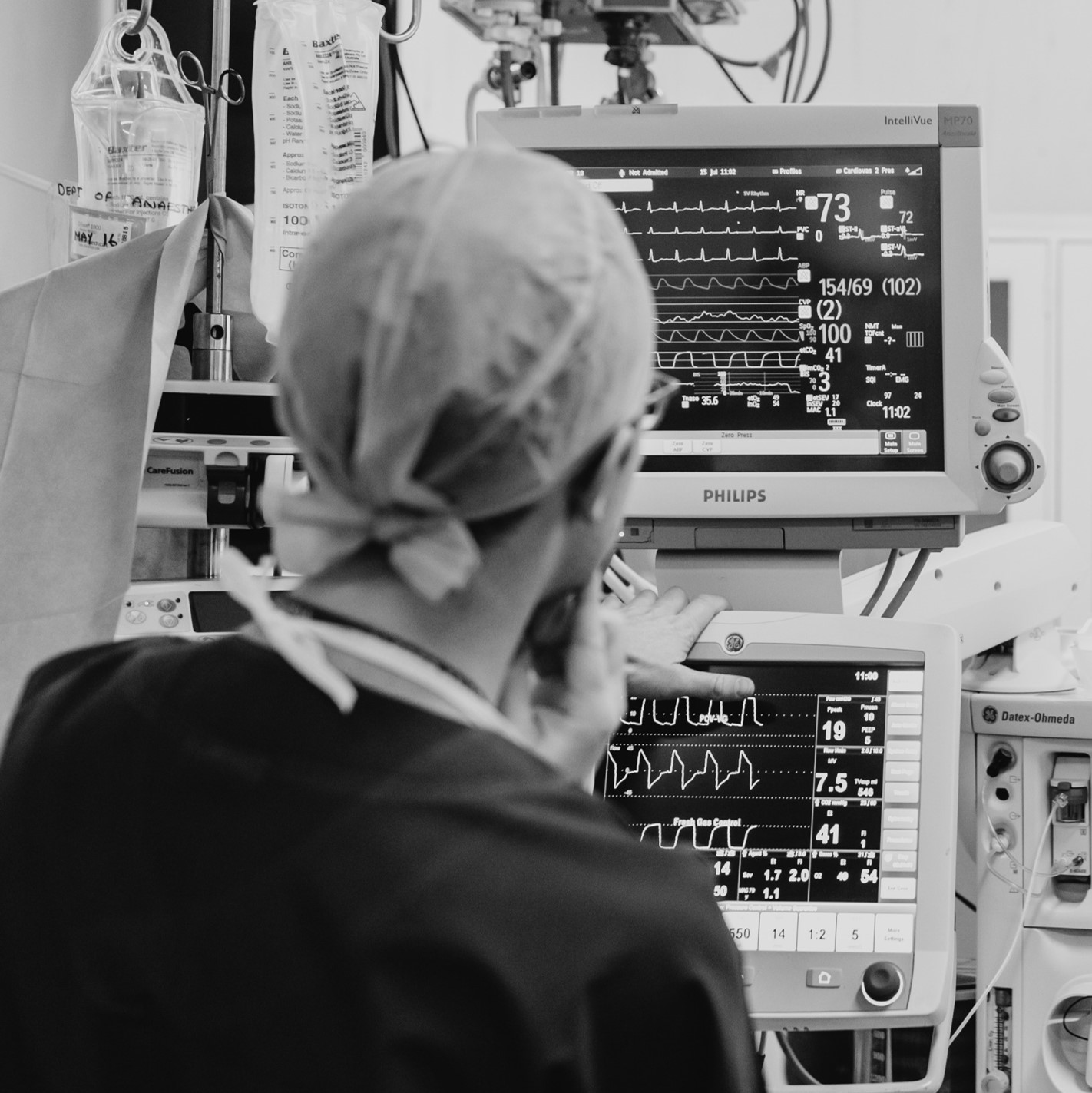
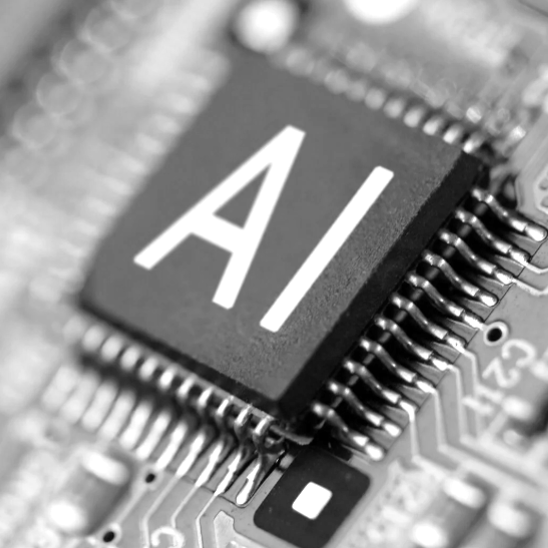
Using AI to aid the diagnosis of thyroid nodules
- With advances in AI and machine learning, there’s potential to improve the accuracy and speed of thyroid cancer diagnosis. However, many challenges remain before AI can be widely used in clinical settings
- Associate Professor James Lee and his team are focusing on applying AI models to improve thyroid cancer diagnosis and help patients make more informed decisions about surgery
- Their research aims to make AI’s decision-making process more transparent, ensuring doctors and patients can trust the technology
This work has been published in international journals and has won several research prizes, demonstrating strong support from the research and clinical communities
Getting the patients perspective, at scale
- In addition to lab-based projects, Associate Professor Lee is leading research on patient-reported outcomes, in collaboration with the ANZ Thyroid Cancer Registry (ANZTCR)
- Over the past five years, Associate Professor Lee has helped establish a database that collects patients' perspectives on their cancer diagnosis and treatment through the ANZTCR
- This research aims to use this valuable data to help future cancer patients make more informed treatment decisions
- The long-term goal is to integrate molecular data, patient-reported outcomes, and clinical data to create a "digital twin" of each patient. This will use machine learning algorithms to simulate and predict outcomes for various treatment options
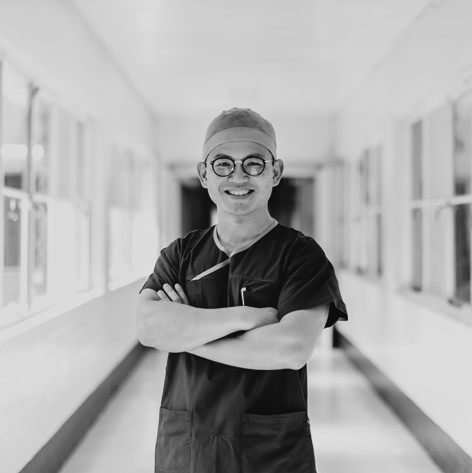
Want to learn more?
If you’re interested in learning more about this research program, or would like to contribute towards it, please get in touch.
In research partnership with
